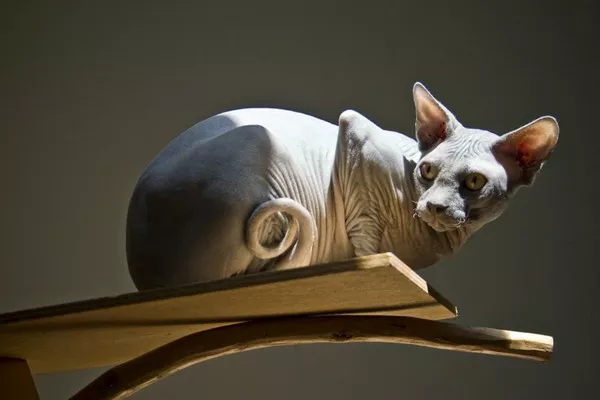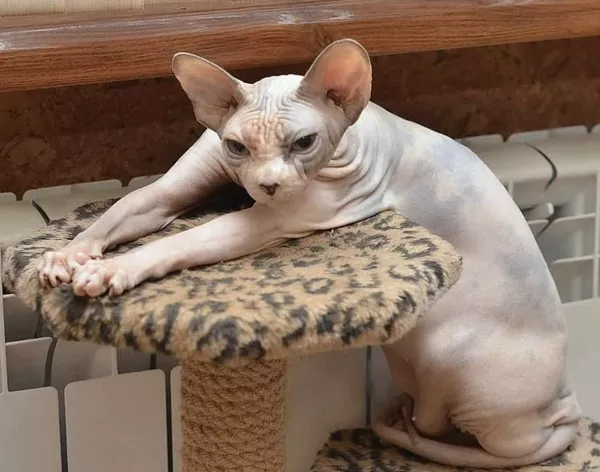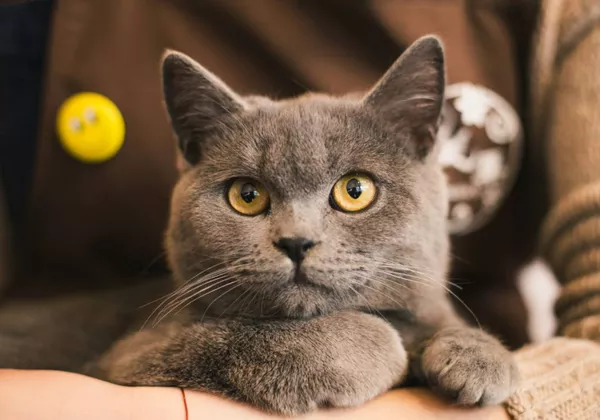Sphynx cats, with their distinctive hairless appearance and unique personality traits, have captured the hearts of cat lovers around the world. One aspect of these fascinating felines that often piques curiosity is their scent. With their lack of fur, some may wonder: What do Sphynx cats smell like? In this article, we delve into the olfactory world of Sphynx cats, exploring their natural scent, grooming habits, and factors that may influence their aroma.
The Unique Charm of Sphynx Cats: A Brief Overview
Before we explore the scent of Sphynx cats, let’s take a moment to appreciate these captivating creatures and their special characteristics. Sphynx cats are a breed known for their distinctive appearance, characterized by their lack of fur, wrinkled skin, and large ears. Despite their hairless exterior, Sphynx cats are renowned for their warm and affectionate personalities, often forming strong bonds with their human companions.
Originating from genetic mutations, Sphynx cats have gained popularity among cat enthusiasts for their unique appearance and engaging demeanor. Their playful nature, inquisitive spirit, and social disposition make them beloved pets in households around the world.
Understanding the Scent of Sphynx Cats: Natural Factors
Like all animals, Sphynx cats have a natural scent that is influenced by various factors, including genetics, diet, grooming habits, and overall health. While the absence of fur may contribute to a different tactile experience when petting a Sphynx cat, their scent is not significantly different from that of other cat breeds.
1. Genetics: The genetic makeup of a Sphynx cat plays a significant role in determining its natural scent. While individual cats may have slight variations in odor due to genetic factors, there is no distinct “Sphynx scent” that is exclusive to the breed.
2. Diet: A Sphynx cat’s diet can also impact its scent, as certain foods may affect the composition of their skin oils and body odor. Providing a balanced diet that meets the cat’s nutritional needs can help maintain a healthy skin and coat, reducing the risk of unpleasant odors.
3. Grooming Habits: Sphynx cats require regular grooming to remove excess oil and debris from their skin, as they lack the protective barrier of fur. Bathing Sphynx cats with mild, cat-safe shampoo helps keep their skin clean and reduces the buildup of oils that can contribute to odor.
4. Overall Health: The overall health and well-being of a Sphynx cat can impact its scent, as underlying health issues may manifest in changes to the skin, coat, and body odor. Regular veterinary check-ups and proper healthcare are essential for maintaining the health and vitality of Sphynx cats.
Factors Influencing Scent Perception
While Sphynx cats may not have a distinct odor unique to the breed, there are factors that can influence how they are perceived in terms of scent:
1. Environmental Factors: The environment in which a Sphynx cat lives can influence its scent, as exposure to odors, pollutants, and allergens may affect the cat’s skin and coat. Maintaining a clean and hygienic living environment helps minimize the accumulation of odors and promotes the overall well-being of the cat.
2. Individual Variations: Just like humans, each Sphynx cat has its own unique scent that is influenced by genetic factors, diet, grooming habits, and overall health. While some cats may have a faint scent that is barely perceptible, others may have a slightly stronger odor depending on individual factors.
3. Personal Sensitivity: The perception of scent is subjective and can vary from person to person based on individual sensitivity and preferences. Some individuals may be more sensitive to certain odors, while others may not notice any discernible scent from a Sphynx cat.
Maintaining a Fresh and Clean Environment
While Sphynx cats do not have a distinctive odor unique to the breed, proper hygiene and grooming practices are essential for keeping them clean and odor-free:
1. Regular Bathing: Bathing Sphynx cats with cat-safe shampoo helps remove excess oils and debris from their skin, reducing the risk of odor buildup. It is important to use mild, fragrance-free products specifically formulated for cats to avoid irritation and maintain skin health.
2. Ear Cleaning: Sphynx cats have large ears that may require regular cleaning to remove wax and debris. Using a damp cotton ball or soft cloth, gently wipe the outer surface of the ears to keep them clean and free from odor-causing substances.
3. Dental Care: Dental hygiene is important for Sphynx cats to prevent bad breath and maintain oral health. Regular brushing with a cat-specific toothbrush and toothpaste helps remove plaque and tartar buildup, reducing the risk of dental issues and associated odors.
Conclusion
In conclusion, Sphynx cats do not have a distinct odor unique to the breed. Their natural scent is influenced by factors such as genetics, diet, grooming habits, and overall health, just like any other cat breed. While some individuals may perceive a faint odor from Sphynx cats due to their lack of fur, proper hygiene and grooming practices can help minimize any potential odor and keep them clean and fresh-smelling. With their affectionate nature and charming personality, Sphynx cats continue to captivate cat lovers around the world, regardless of their scent.


























